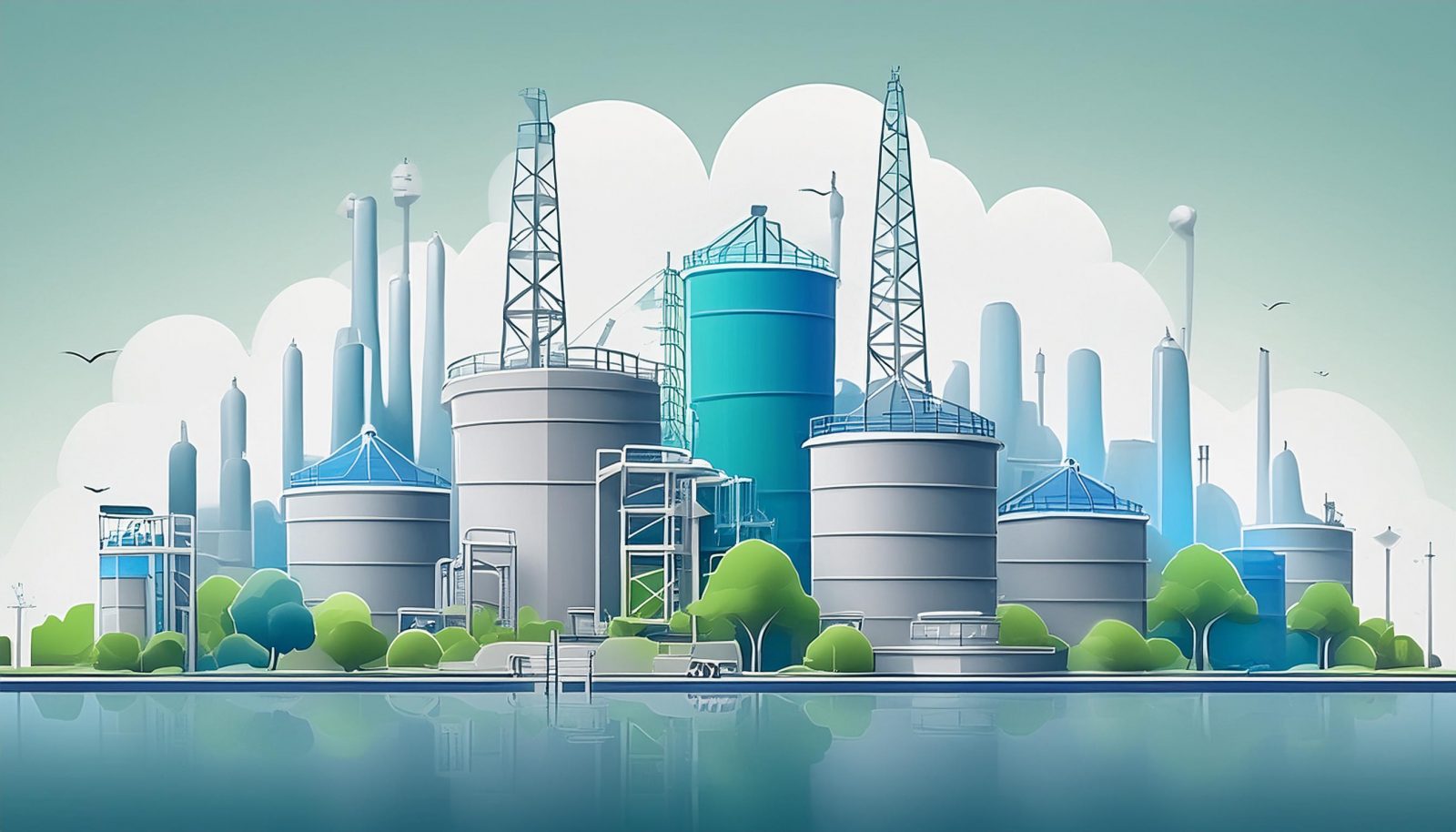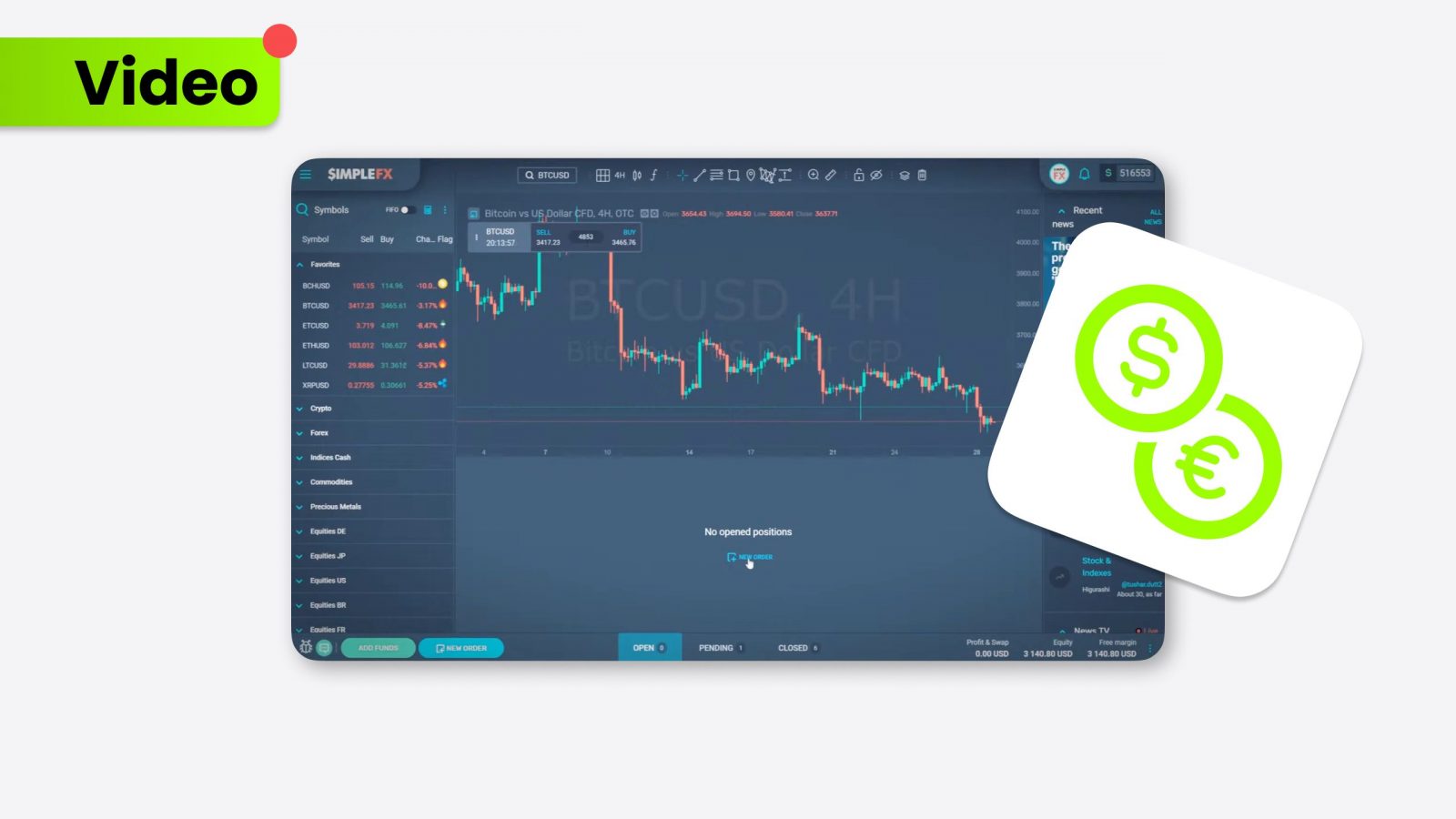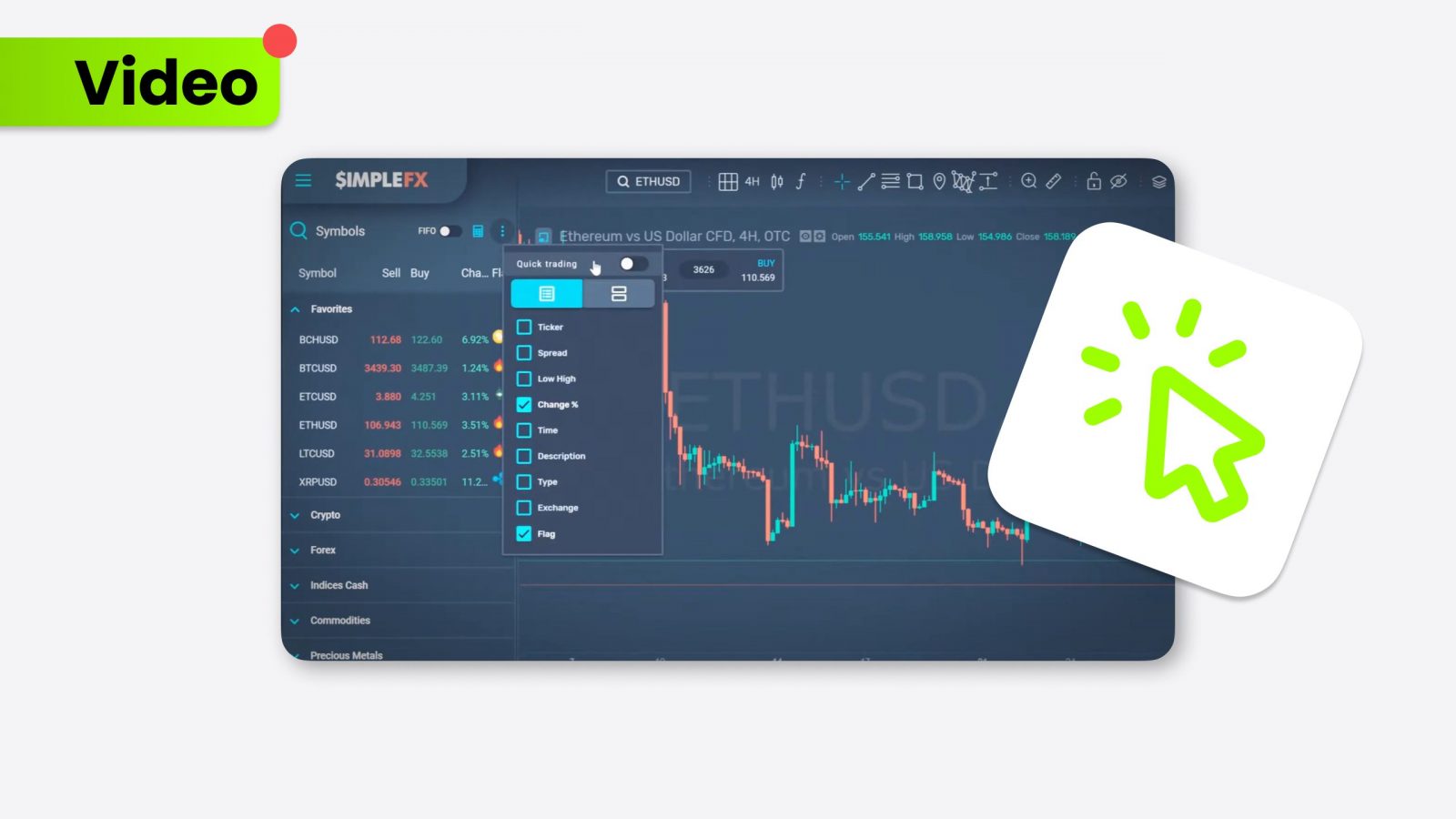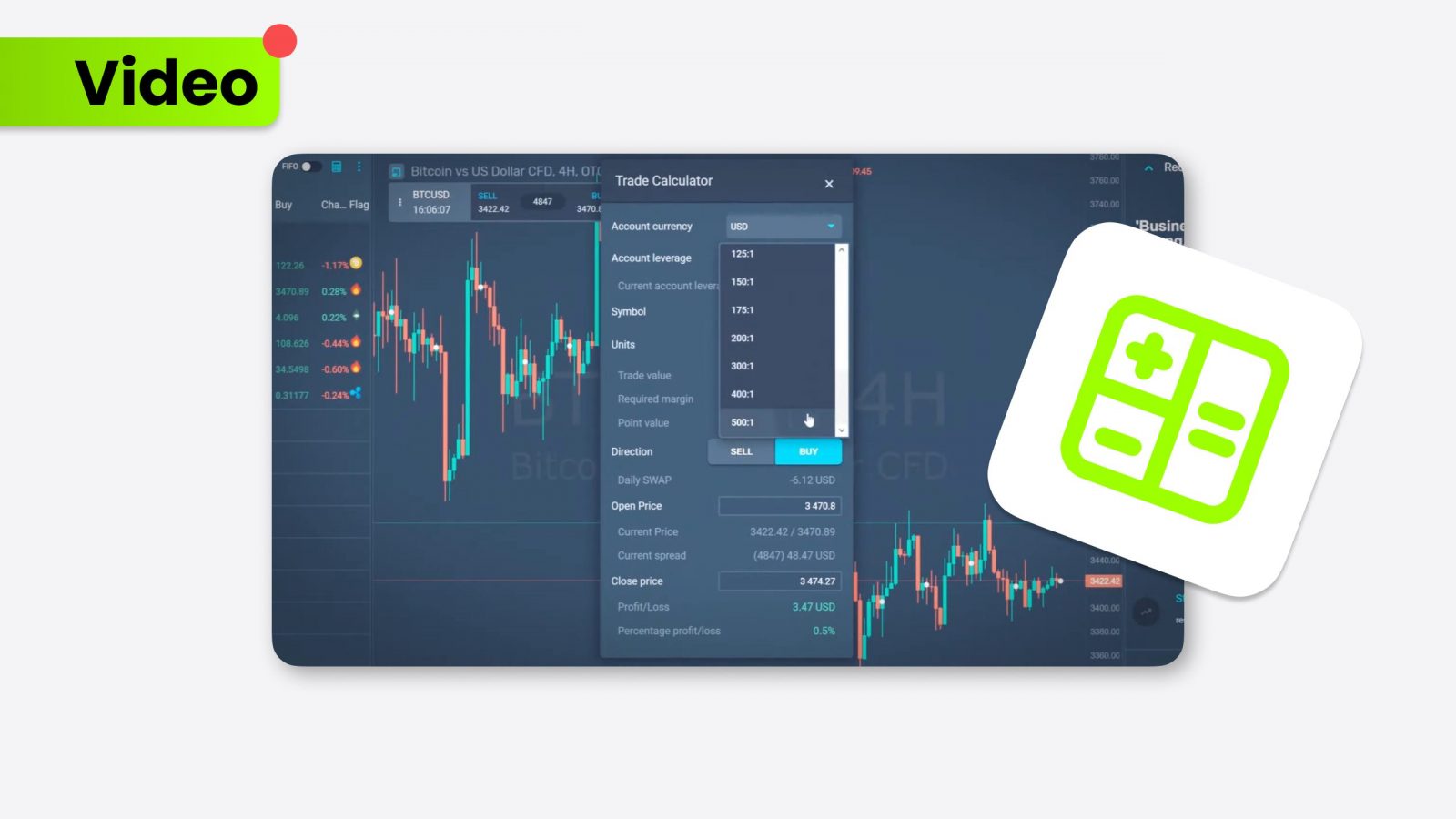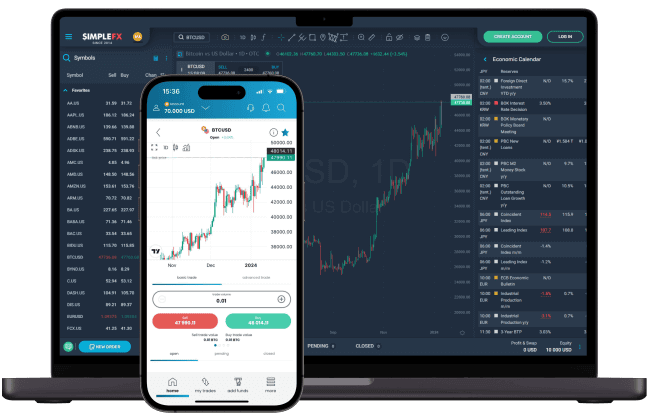Natural resources not only drive the economic engines of nations but also share the investment landscape across various industries.
- Oil, as a significant component of global trading markets, impacts trading strategies and economic outcomes differently.
- Countries like the USA, Canada, and Australia heavily rely on their natural resources for economic stability.
- With an increasing global focus on sustainability, renewable energy resources are gaining prominence.
What are natural resources?
Natural resources are materials or substances such as minerals, forests, and water that occur in nature. Moreover, they can be used for economic gain. These resources are essential in the trading sector because they stand as the foundation of various industries and are fundamental to global economics. The value and availability of these resources can directly influence the financial markets.
Among several natural resources, oil stands out due to its significant impact on the trading world. There are different types of oil traded globally, with UKOIL and USOIL being two of the most prominent. UKOIL, also known as Brent Crude, comes from the North Sea and is used as a primary trading classification of sweet light crude oil. Conversely, USOIL is characterized by its low density and sulfur content.
Understanding these resources and their variants is crucial for traders aiming to make informed decisions in the commodities market.
Natural resources: Essential export goods
Natural resources are not only vital components of the global economy but also crucial export goods for several countries, significantly impacting their financial stability and currency values.
Although the economy is more diversified in the USA, natural resources such as oil are critical export goods that affect the strength of the U.S. Dollar. The extraction and export of these resources can lead to significant movements in currency values, particularly in the context of global energy demands.
Canada’s economy relies heavily on its abundant natural resources, including oil and minerals, which constitute a major portion of its exports. This reliance on natural resources directly influences the Canadian dollar, making the USDCAD currency pair a significant indicator of the country’s economic health. As resource prices fluctuate, so does the Canadian dollar’s value against the USD.
Similarly, Australia’s wealth of resources like iron ore, coal, and gold plays a pivotal role in its exports, making the AUDUSD a currency pair to watch for traders. The Australian dollar often showcases the natural resource markets, making it dependable to shifts in global commodity prices.
Trending energy resources
As global awareness and commitment to environmental sustainability grow, renewable energy resources are increasingly trending.
Solar energy generates electricity thanks to photovoltaic cells and solar thermal power stations. This technology is a clean alternative to fossil fuels and reduces greenhouse gas emissions. Similarly, wind energy, generated through wind turbines, has become a solution for generating electricity without environmental compromise. Moreover, hydropower utilizes flowing water to produce electricity.
Clean energy equities keep developing, and Tesla is an exemplary figure in the shift. Known primarily for its electric vehicles, Tesla also invests heavily in energy innovation, including solar panels and battery storage solutions, showcasing that there are viable alternatives to traditional natural resources.
Non-renewable energy resources
In the trading landscape, non-renewable energy resources are critical due to their influence on economic stability and investment portfolios. Fluctuations in the availability and price of these resources can substantially affect global markets. For instance, natural gas, often referred to as NATGAS, is a highly traded commodity that significantly impacts energy costs and, thus, the economics of nations that depend on it for heating and power.
The trading of non-renewable resources is not only a matter of economic interest, but also one of strategic security as countries seek to ensure energy independence and stability. Traders must stay updated about market trends, geopolitical influences, and environmental policies that could affect the supply and demand for these vital commodities.


